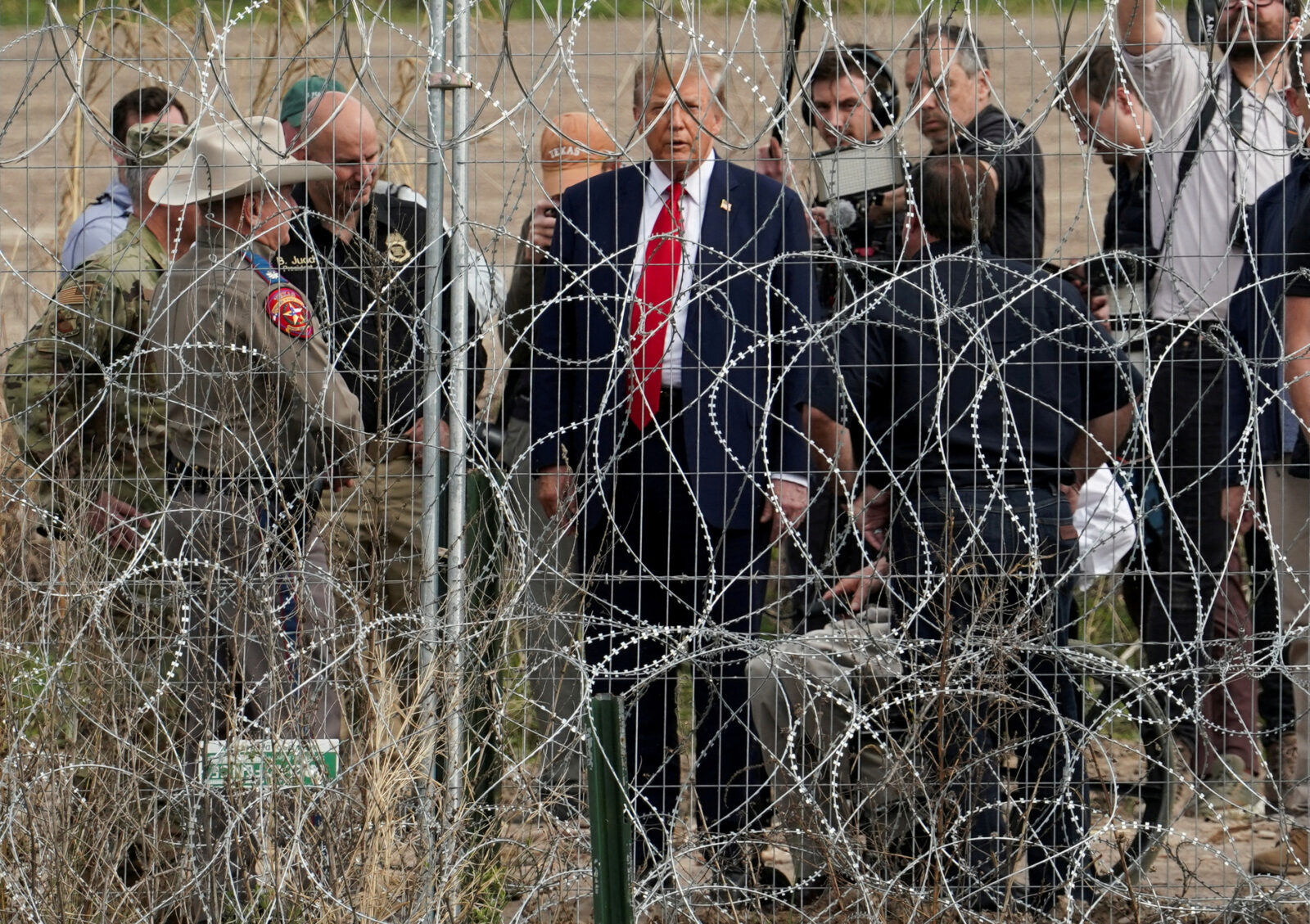Trump’s mass deportation plan —and who wants to stop him

WASHINGTON—Donald Trump is expected to mobilize agencies across the US government to help him deport record numbers of immigrants, building on efforts in his first term to tap all available resources and pressure so-called “sanctuary” jurisdictions to cooperate, according to six former Trump officials and allies.
Trump claimed victory in the 2024 presidential contest, telling supporters America had given him an “unprecedented and powerful mandate.”
Trump backers—including some who could enter his second administration—anticipate the Republican president-elect will call on everyone from the US military to diplomats overseas to turn his campaign promise of mass deportations into a reality. The effort would include cooperation with Republican-led states and use federal funding as leverage against resistant jurisdictions.
Trump recaptured the White House vowing a vast immigration crackdown. The centerpiece of his reelection bid was a promise to deport record numbers of immigrants, an operation Trump’s running mate JD Vance estimated could remove 1 million people per year.
Immigrant advocates warn that Trump’s deportation effort would be costly, divisive and inhumane, leading to family separations and devastating communities.
Trump struggled to ramp up deportations during his 2017-2021 presidency. When counting both immigration removals and faster “returns” to Mexico by US border officials, Biden deported more immigrants in fiscal year 2023 than any Trump year, according to government data.
Cost of operation
But a deportation operation targeting millions would require many more officers, detention beds and immigration court judges. American Immigration Council, an immigrant advocacy group, estimated the cost of deporting 13 million immigrants in the United States illegally as $968 billion over a little more than a decade.
Tom Homan, a former acting director of US Immigration and Customs Enforcement expected to join the new administration, said in a late October interview that the scale of the deportations would hinge on potential officers and detention space.
“It all depends on what the budget is,” he said.
Potential court battles
While the incoming Trump administration could benefit from experience gained during his first term, it could again encounter resistance from ideologically opposed government employees, including officers that screen migrants for asylum.
The American Civil Liberties Union (Aclu)and immigrant advocacy groups have been preparing for court battles if Trump again tests the bounds of his legal authority.
Lee Gelernt, an Aclu attorney who led the fight against Trump’s contentious family separation policy, said more than 15 lawyers focused on immigration with the organization’s national office spent the year readying for the possibility of a Trump return.
“We definitely need to be coordinated and have more resources, because I think they will come in much more prepared,” Gelernt said.
The US Department of State in particular could be one place where Trump acts more aggressively than during his first term, several Trump backers said.
A key factor will be whether other countries will accept their citizens, an issue Trump faced with limited success during his first term. The Trump administration also struggled at times to convince other nations in the region—including Mexico—to take steps to stop migrants from moving toward the US-Mexico border.
Ken Cuccinelli, former acting deputy secretary of the US Department of Homeland Security under Trump, said the state department was a “roadblock” for immigration enforcement and that aggressive appointees will be key.
Reuters, the news and media division of Thomson Reuters, is the world’s largest multimedia news provider, reaching billions of people worldwide every day. Reuters provides business, financial, national and international news to professionals via desktop terminals, the world's media organizations, industry events and directly to consumers.

















